The Vietnam War, This Week, The Morning News, Danville, PA
Vietnam War Weekly Front Pages
4 September 1966 – 10 September 1966
The Morning News, Danville, PA
The Rule of Law.
*****
US B-52 bombers dropped tons of munitions on the demilitarized zone (DMZ) between North and South Vietnam as the Saigon government accused Hanoi of preparing a “direct invasion there.” A near-record 152 bombing missions hit North Vietnam on Monday. In South Vietnam, American fighter-bombers killed an estimated 75 fleeing Viet Cong near Da Nang, where a Communist battalion of about 40 men had been battling US Marines and Vietnamese 15 miles southeast of the base. The big B-52 strategic bombers had hit Viet Cong strongholds throughout the south during the week, but the Monday raids against the six-mile-wide DMZ were notable because of the invasion threat. The next day US planes, taking advantage of clearing weather over North Vietnam, cut the railroads between Hanoi and Red China in another day of maximum effort in which they also bombed missile sites and left oil storage tanks in flames.
Barrage balloons like those hoisted over London during the Battle of Britain in 1941 were being sent aloft over Communist North Vietnam in attempts to turn back low-flying US jets. The balloons, seen over the capital of Hanoi and the key port of Haiphong, were about 12 to 15 feet in diameter. They were attached to steel cables and sent to heights of 3,500 to 4,000 feet. Spokesmen said the balloons rising in great arcs over the north had in some cases caused US planes to turn away. The barrage balloons could spell deadly trouble in at least two ways. First, they made low-level approaches by attacking aircraft more hazardous due to antiaircraft fire. Second, balloons made high-flying US planes more vulnerable to Communist surface to air missiles, which were more effective at greater heights.
The Viet Cong stepped up their terrorism in the Saigon area as the 11 September elections for a constituent assembly drew near. An American was killed and two wounded in one attack. Another attack hit a government election center on the Saigon outskirts. At the end of the week American security forces had more than doubled in the face of intelligence reports of possible attacks by Viet Cong “suicide squads” against US servicemen’s billets in the heart of the city. Some of the guards at billets added machineguns to the rifles and sidearms with which the guards were normally armed. Even mortars and recoilless rifles were made available to the guards at some of the key US office buildings.
According to newly arrived Cuban refugees in Florida, Premier Fidel Castro had Cuban troops in North Vietnam. Although the troops apparently were being sent as a “token force” intended as observers, advisors, and instructors, they had already suffered several casualties. Two or three bodies of Cuban soldiers killed in North Vietnam had been shipped back to Cuba and buried without fanfare. One of the dead men was a captain from a Cuban antiaircraft battery.
Chinese Communist Foreign Minister Chen Yi had ruled out the possibility of any US-Chinese talks on the Vietnamese war, and there was no change in Peking hardline policy toward the United States and Russia. The Chen statement reported previously by Japanese correspondents said China did not want a “clash” with the United States and was “not necessarily dismissing” the idea of Vietnam peace talks. This had roused hopes in Washington of a possible softening of Peking’s hard line.
Private Dennis Mora of the Bronx was on trial to explain to the Army why he thought he had the right to refuse to go to Vietnam. He contended the war was “illegal” and a crime against humanity. The court martial of Mora, 25, a street agitator against United States foreign policy before he was drafted, was the first of its kind in the country since the American intervention in Vietnam. The prosecution took only half a day and one witness Tuesday to present its entire case. He was found guilty of disobedience on Wednesday and was sentenced to three years at hard labor. He was appealing the ruling. The second Army private, PFC James Johnson, 20, was following on the heels of Mora, facing the same charge. The two had joined together with the backing of left-wing organizations to refuse to serve in Vietnam.
(Photo courtesy newspapers.com, Danville Morning News)

